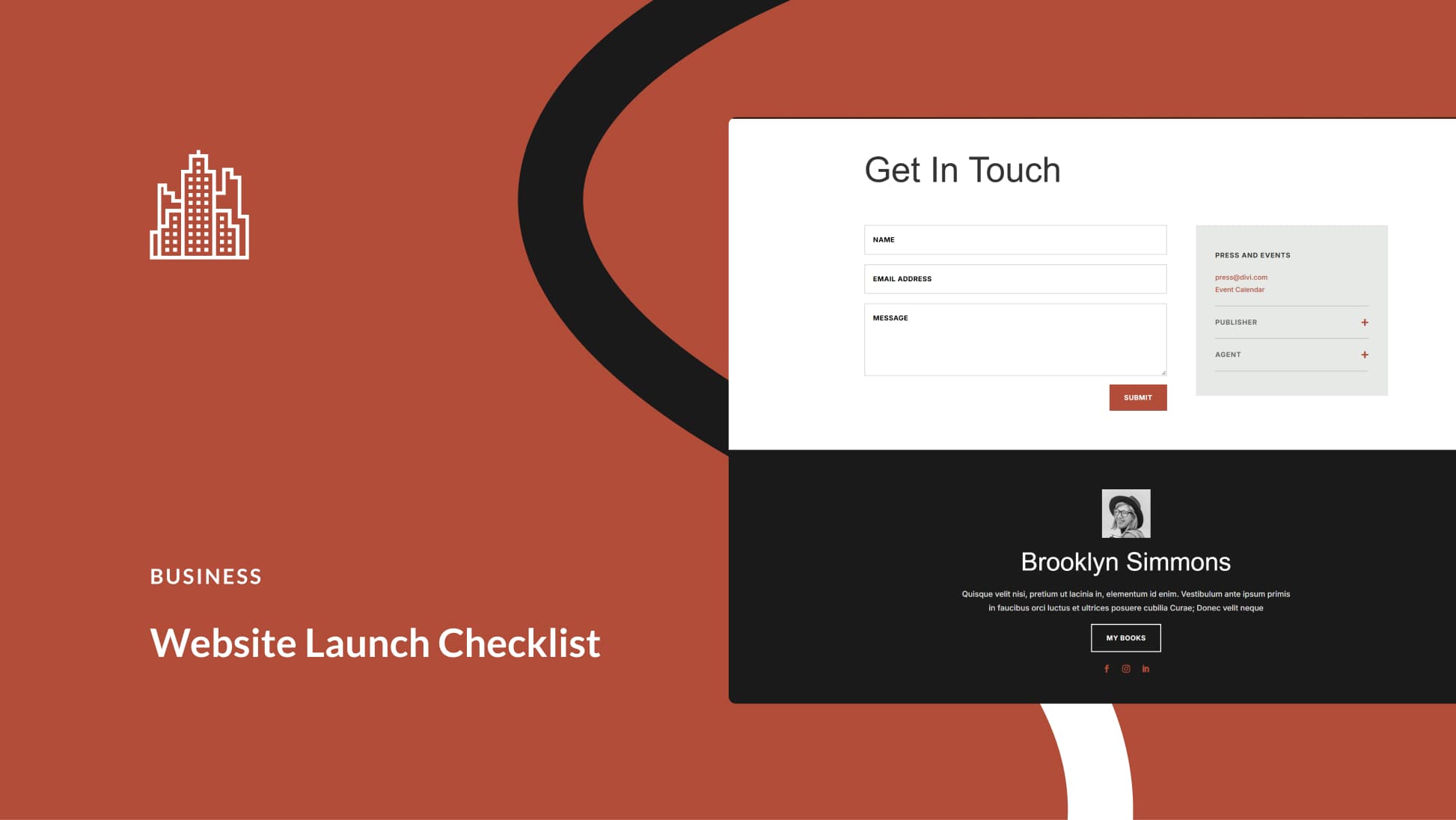When it comes to business, how important is it to trust your gut feeling? The idea of trusting your gut in business trends from time to time. But the question is, does intuition have a place in your decision-making process?
If you’re not familiar with the idea of a gut feeling, it’s an instinctual response to people, places, situations, and decisions that some people rely on to make decisions. Gut feelings can’t always be explained, but they’re usually emotionally-driven. Sometimes, they’re driven by conscious emotions. Other times, our automatic gut feeling is triggered by something we are not conscious of at all.
Following your instincts can sometimes yield great results. However, your gut should not be the deciding factor in your day-to-day business decisions. Let’s take a look at why.
Factors that affect our “intuition”
While it feels good to be able to say you trusted your gut and succeeded at something, success relies on much more than instinct alone. There are a number of factors that can affect what we interpret as our gut feeling, including:
- Our emotional state
- Stress or overwhelm
- The complexity of the issue
- How long we have to make the decision
- Finances
- Pressure from partners, coworkers, employees, clients, or anyone else closely tied to our business
We’re often tempted to lean on our intuition when faced with a difficult or complex decision. Being burned out or stretched too thin tends to make us search for quick relief. Trusting your gut might help you avoid the tedious nature of analyzing data and evidence, but it’s also a way of sidestepping the work we need to do in order to make strong decisions.
Following your intuition can be a shortcut when you’re overwhelmed. But it can end up being incredibly costly in the long or short term. It’s easier to lean on that strong instinct than it is to analyze the situation. And, as business owners, we’re all looking for ways to take a few tasks off our plate. However, making a poor decision based on a gut feeling will create unnecessary work in the long run.
Sometimes, your gut feeling can feel clear and assured. But if you don’t have facts, experience, options, and data to weigh it against, it can easily lead you astray.
Unconscious bias masks itself as a gut feeling
In addition, our unconscious biases play a heavy hand in our automatic responses to situations, people, and decisions that affect our businesses. Unconscious bias is a bias we carry without realizing it. It’s often based on our past experiences. Our background and culture can also influence bias.
Gut feeling is easy to confuse with unconscious bias. That’s because bias is automatic, just like a gut feeling is. And, bias is often strong–even if it’s unintentionally so. As a result, it might be too easy to mistake bias for decisive intuition.
Unconscious bias could affect your ability to make the right decisions when hiring. It could cause you to miss out on potentially important partnerships. And you could pass up many opportunities for success. If you’re set on following your gut and don’t realize your bias, you could lose important connections and revenue.
Data and analysis can support or disprove instinct
Good instincts can be proven or disproven by data, analysis, and strong evidence. If you’re facing a major business decision, you should always look at facts and figures, regardless of what your gut says. If your instinct is on point, the data will let you know. And if you’re wrong, you’ll have data and information to help you decide your next steps.
When you have a strong gut feeling about a business decision, pause, and look at the data. Ask questions. Talk to mentors who give solid advice from their own experiences. Study other businesses who have faced similar decisions. Evaluate evidence from your own past experience, and look carefully at your options.
When is trusting your gut appropriate in business?
There are times in business when trusting your gut can help you make better decisions. Generally speaking, these scenarios come once you’ve carefully considered the situation based on evidence and information. Rely on your logic and reason first. Then, listen to your gut.
Your gut feeling doesn’t have to be the final decision-maker in your business. In fact, it shouldn’t make decisions for you at all. Rather than informing your final decision, your gut can actually help you dig deeper for more information.
Here are a few ways you could leverage your gut feeling to dig deeper:
- During the hiring process, you’ve selected a strong candidate. They have a great portfolio and seem capable of doing the job well. You are ready to hire them, but something doesn’t feel right. You keep thinking about one interview question that made you feel unsettled, but you’re not sure why. After all, everything is great on paper. Instead of hiring based on data alone, you trust your gut and do a follow-up interview to dig a little deeper. Your follow-up conversation confirms the candidate isn’t a fit, after all.
- The marketing strategy you developed for your client isn’t performing well, and you’ve done everything you can to adjust based on analytics. You suspect that adjusting the campaign message could boost the audience’s response, but your client’s market research and initial data point toward the tactic you’re using right now. Even though you want to go with your gut and adjust messaging, you decide to gather more information from the client’s audience. Changing track without researching your idea could end up costing you and your client time and money. So you survey their followers instead and confirm your instinct before adjusting the message.
- Your competitors are offering a new service, and seem to be succeeding. Your gut feeling tells you that you should add the same service as an option for potential customers who come to you. But when you learn more about it, you discover it’s a trend that has already lost steam for many entrepreneurs. Further, your data and analytics tell you that your audience isn’t likely to bite. Rather than adding the service to your portfolio, you decide to give it a pass.
Wrapping up
The idea of following our gut feeling sounds good–and makes us feel good, too. It implies a decision-making power far beyond what normal mortals possess. But, gut feeling can lead you down the wrong path. Instead, you should base your business decisions on data. At best, your gut instinct should be a guiding factor as you dig deeper into tangible facts and evidence.
There’s a lot riding on your business, including your livelihood and possibly that of others. Put your gut feeling in its place, and move forward confidently with data-driven business decisions that serve you, your team, and your customers well.
Featured image via VectorMine / shutterstock.com









Thanks a lot for this wonderful article . That’s why I love elegant themes because they are helping to all newbies.
Thank you for reading!
Thanks a lot for this wonderful article . That’s why I love elegant themes
I loved the way you shared everything so well with us – the way you have gone about doing things – it’s surely an eye-opener for me and for many others too.
Thank you so much! I hope it was helpful.